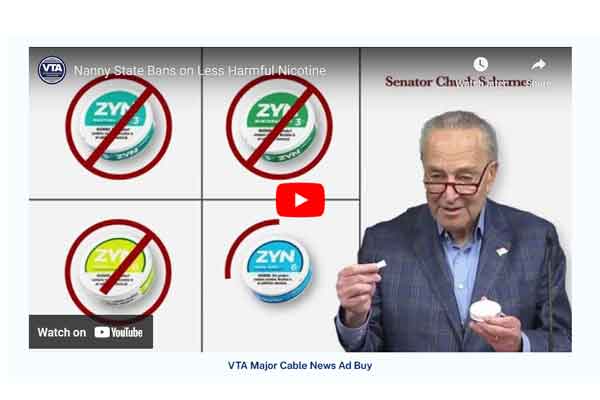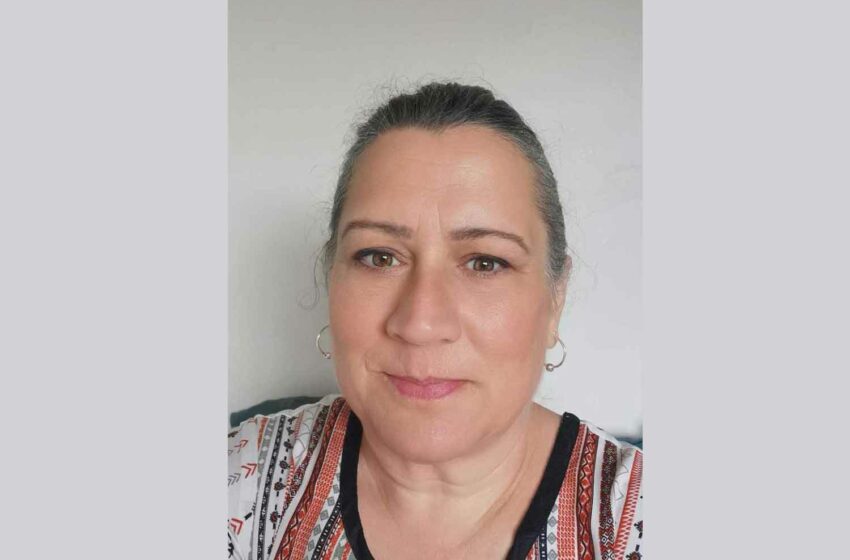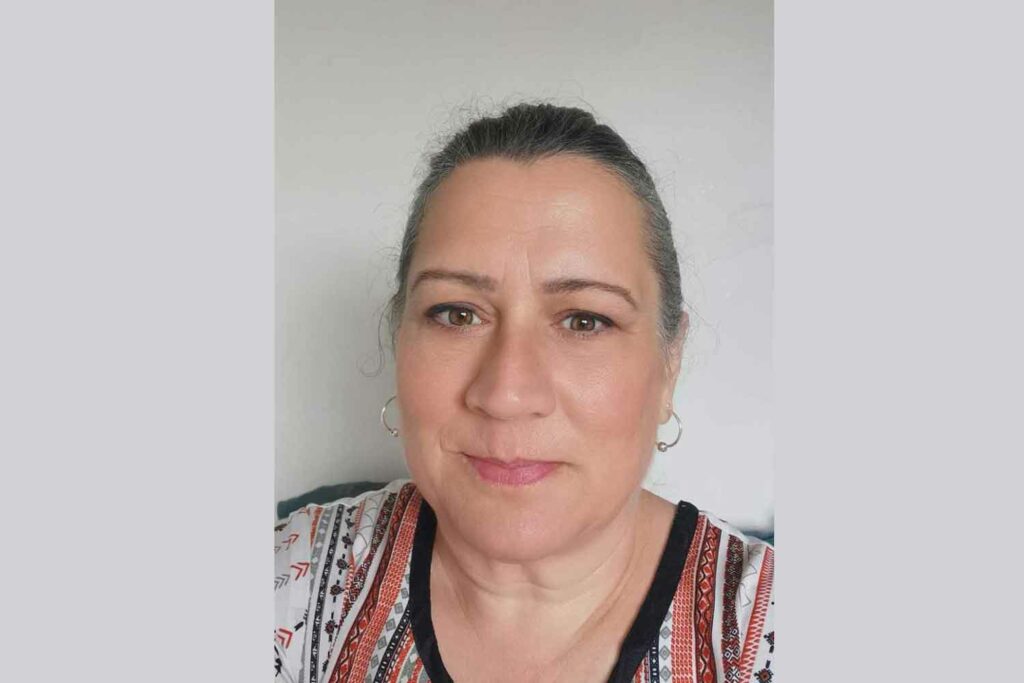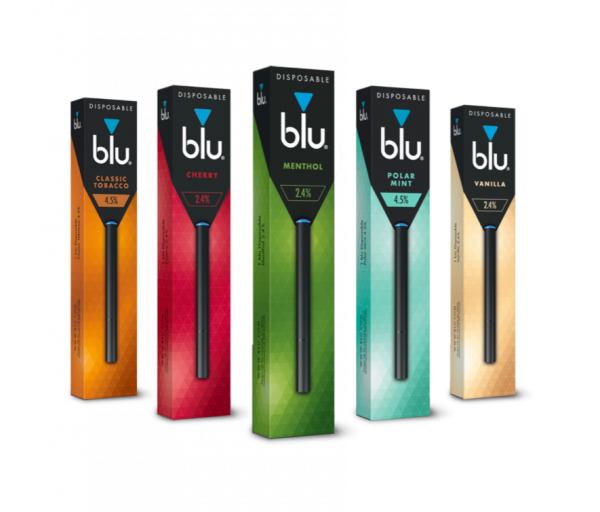The Vapor Technology Association (VTA) today announced the launch of a cable news ad buy in the U.S. targeting Senator Chuck Schumer and his proposed ban on Zyn nicotine pouches. The ad runs this week on FOX News and FOX Business during key programming slots, including “FOX and Friends,” “Kudlow,” and “The Five.”
The ad connects a proposed ban on e-cigarettes with a ban on all less harmful, tobacco-free nicotine products, such as Zyn nicotine pouches. The ad also calls out officials at the Food and Drug Administration’s Center for Tobacco Products (CTP) for repeatedly blocking access for millions of Americans to e-cigarettes as harm reduction tools.
“Sen. Schumer and the FDA are simply wrong: wrong on e-cigarettes, wrong on Zyn, and wrong on the science,” said Tony Abboud, executive director of VTA, in a statement. “Rather than give adult smokers broader access to a greater number of lower-risk alternatives, the FDA and CTP have instead imposed a de facto ban on e-cigarettes—and Zyn is next.”
The ad states that Schumer’s proposed Zyn ban mimics his attempts to eliminate e-cigarette use nationwide, amounting to an assault on Americans’ personal freedom to choose lower-risk, tobacco-free nicotine products that overwhelming scientific and medical data demonstrates are effective at helping adults quit smoking.
“Why is the FDA denying access to a wide range of less harmful alternatives to combustible cigarettes that could otherwise be used by millions of adult smokers trying to quit?” asked Abboud.
“Cigarettes kill. Rather than even acknowledging the settled science in support of e-cigarettes and other less harmful, tobacco-free nicotine products in recent years, the CTP has instead authorized nearly 900 new cigarettes for Americans’ use—but Sen. Schumer thinks it’s Zyn you need to be worried about.
“The anti-nicotine FDA and congressional establishment has simply lost its bearings on the strategy of harm reduction, which it applies to every public health crisis, yet refuses to apply to the annual crisis of nearly half a million Americans dying from smoking every single year.”
“VTA is running this ad buy because Americans deserve to know that less harmful nicotine products exist that can help adult smokers trying to quit. VTA supports Americans’ freedom to choose,” said Abboud.


















